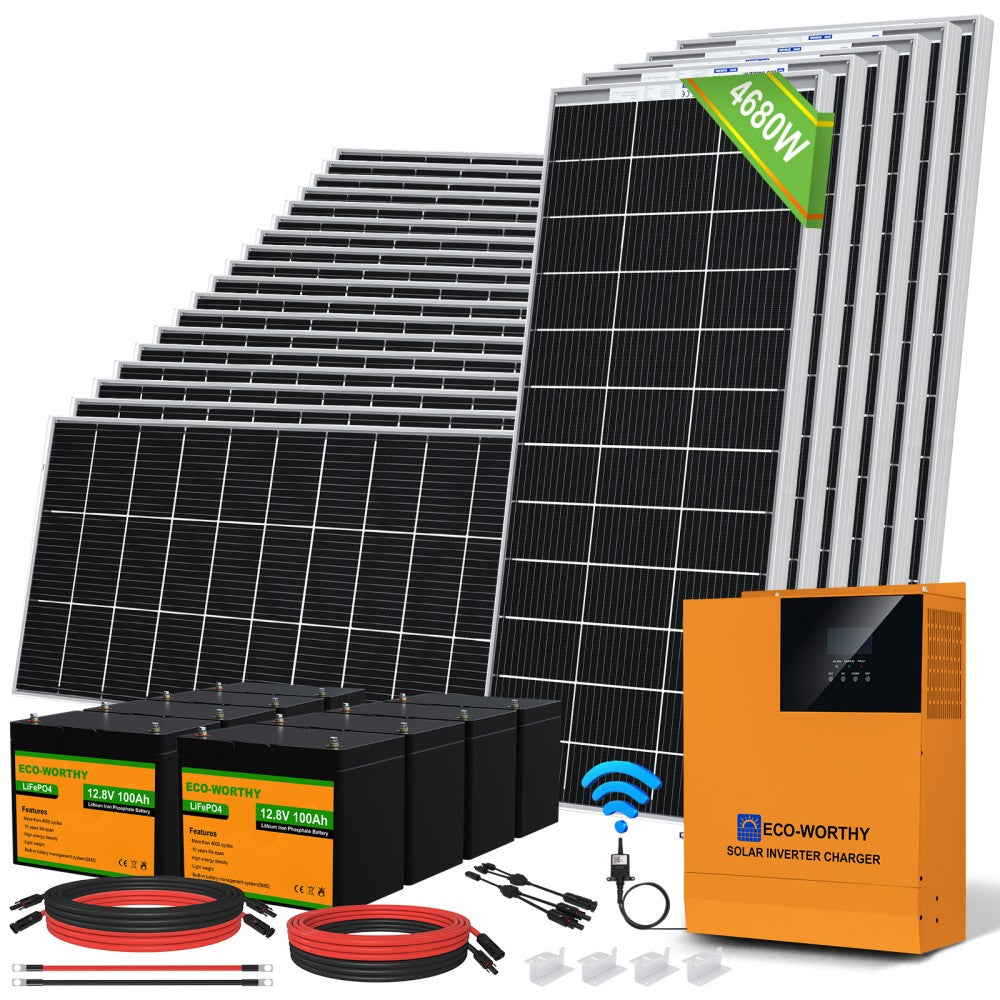In an era where sustainability is paramount, off-grid solar and battery systems have emerged as a viable solution for energy independence. This guide aims to provide a comprehensive understanding of these systems, helping you make informed decisions tailored to your specific requirements.

Understanding Off-Grid Solar and Battery Systems
Off-grid solar systems are designed to operate independently of the traditional electricity grid. They harness solar energy through photovoltaic panels, converting sunlight into electricity. This electricity can be used immediately or stored in batteries for later use. But how do you determine if an off-grid solar and battery system is right for you?
- Assess your energy needs: Calculate your daily energy consumption.
- Consider your location: Evaluate the solar potential in your area.
- Determine your budget: Understand the initial investment and long-term savings.
Components of an Off-Grid Solar System
To effectively utilise off-grid solar and battery technology, it is essential to understand its key components:
- Solar Panels: These are the primary source of energy, converting sunlight into electricity.
- Inverter: This device converts the direct current (DC) produced by solar panels into alternating current (AC), which is used by most household appliances.
- Batteries: Batteries store excess energy generated during sunny days for use during cloudy periods or at night.
- Charge Controller: This component regulates the voltage and current coming from the solar panels to prevent overcharging the batteries.
Choosing the Right Off-Grid Solar and Battery System
When selecting an off-grid solar and battery system, several factors should be considered:
- Energy Requirements: Understanding your energy consumption is crucial. What appliances do you need to power? How much energy do they consume?
- Battery Capacity: The capacity of your battery bank should align with your energy needs and usage patterns.
- Solar Panel Efficiency: Higher efficiency panels can generate more electricity in less space, which is particularly important for limited areas.
- System Scalability: Consider whether you might want to expand your system in the future. Choose components that can be easily upgraded.
Benefits of Off-Grid Solar and Battery Systems
Investing in an off-grid solar and battery system offers numerous advantages:
- Energy Independence: You are no longer reliant on the grid, which can be particularly beneficial in remote areas.
- Environmental Impact: Solar energy is renewable and reduces your carbon footprint.
- Cost Savings: While the initial investment may be significant, long-term savings on energy bills can be substantial.
In conclusion, understanding the intricacies of off-grid solar and battery systems is essential for making an informed decision. By evaluating your energy needs, considering the components, and recognising the benefits, you can choose a system that not only meets your requirements but also contributes to a sustainable future.






